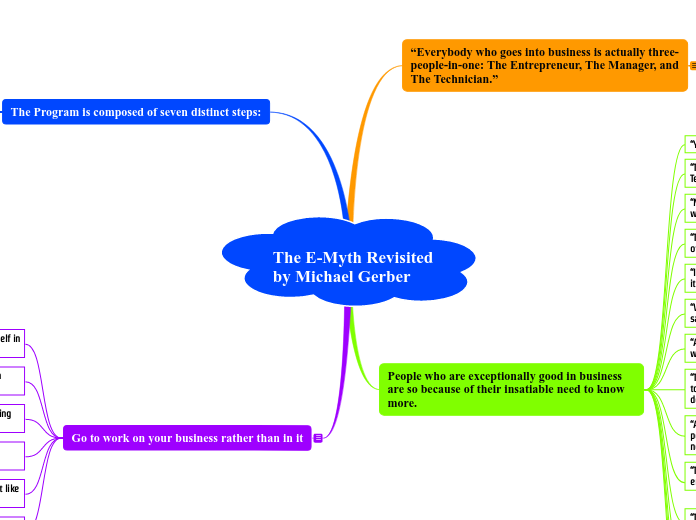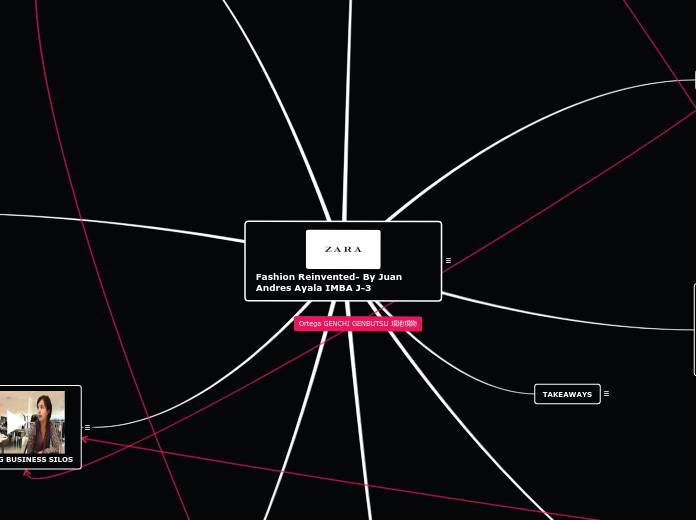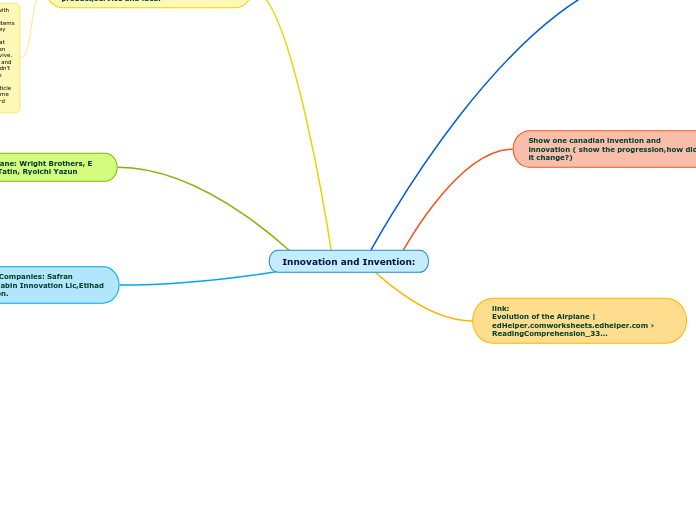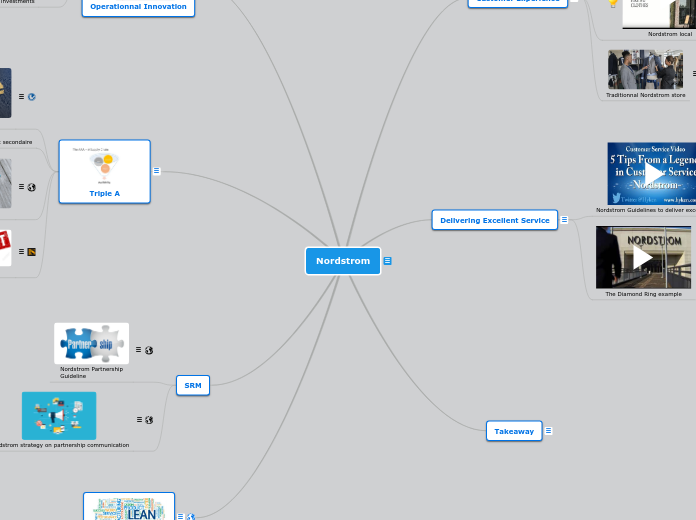The E-Myth Revisited
by Michael Gerber
Go to work on your business rather than in it
Ask yourself the following questions:
- How can I get my business to work, but without me?
- How can I get my people to work, but without my constant interference
- How can I systematize my business in such a way that it could be replicated 5,000 times, so the 5,000th unit would run as smoothly as the first?
- How can I own my business, and still be free of it?
- How can I spend my time doing the work I love to do rather than the work I have to do?
“Your Business Development Program is the vehicle through which you can create your Franchise Prototype.”
“Think of your business as though it were the prototype for 5,000 more just like it.”
“Once you’ve innovated, quantified, and orchestrated something in your business, you must continue to innovate, quantify, and orchestrate it.”
“Orchestration is the elimination of discretion, or choice, at the operating level of your business.”
Quantification: the numbers related to the impact an Innovation makes.
Innovation is the mechanism through which your business identifies itself in the mind of your customer and establishes its individuality.
The Program is composed of seven distinct steps:
Your Systems Strategy
Information Systems.
“Information Systems are those that provide us with information about the interaction between the other two.”
Soft Systems
“Soft Systems are either animate—living—or ideas.”
Hard Systems
“Hard Systems are inanimate, unliving things.”
Your Marketing Strategy
“If your customer doesn’t perceive he needs something, he doesn’t, even if he actually does.”
“If you know who your customer is—demographics—you can then determine why he buys—psychographics.”
“Demographics and psychographics are the two essential pillars supporting a successful marketing program.”
“Forget everything but your customer.”
Your People Strategy
A few rules…
- Never figure out what you want your people to do and then try to communicate a game out of it
- Never create a game for your people you’re unwilling to play yourself
- Make sure there are specific ways of winning the game without ending it
- Change the game from time to time—the tactic, not the strategy
- Never expect the game to be self-sustaining. People need to be reminded of it constantly
- The game has to make sense
- The game needs to be fun from time to time
- If you can’t think of a good game, steal one
The degree to which people buy into your game depends on how well you communicate the game to them at the outset of your relationship. Your People Strategy is the way you communicate this idea.
Your people want to for a boss who’s created a clearly defined structure for acting in the world. They want a structure through which they can test themselves and be tested. This structure is called a game.
Your Management Strategy
“A system is a set of things, actions, ideas, and information that interact with each other, and in so doing, alter other systems.”
You need a management system to successfully implement a management strategy.
Your Organizational Strategy
A Position Contract is a summary of the results to be achieved by each position in the company.
Without an Organizational Chart, everything hinges on luck and good feelings, on the personalities of the people and the goodwill they share.
“The result is almost always chaos.”
“Most companies organize around people rather than around accountabilities or responsibilities.”
Your Strategic Objective
“People buy feelings.”
“What’s your product? What feeling will your customer walk away with? What is he really buying when he buys from you?”
Understanding the difference between the commodity and the product is what creating a great business is all about.
The difference is the commodity is the thing your customer actually walks out with in his hand. The product is what your customer feels as he walks out of your business. What he feels about your business, not what he feels about the commodity.
When asked what kind of business they’re in, most business owners respond with the name of the commodity they sell. Always the commodity, never the product.
“How do you know whether you have an Opportunity Worth Pursuing? Look around. Ask yourself: Does the business I have in mind alleviate a frustration experienced by a large enough group of consumers to make it worth my while?”
“An Opportunity Worth Pursuing is a business that can fulfill the financial standards you’ve created for your Primary Aim and your Strategic Objective.”
The ultimate reason to create a business of your own is to sell it.
“How much money do I need to live the way I wish? Not in income but in assets. In other words, how much money do you need in order to be independent of work, to be free?”
“The first question you must always ask when creating standards for your Strategic Objective is: What will serve my Primary Aim?”
“Creating money standards is not just strategically necessary for your business; it is strategically necessary for your life, for the realization of your Primary Aim.”
“At the beginning of your business, any standards are better than no standards.”
“How big is your vision? How big will your company be when it’s finally done? Will it be a $300,000 company? A million-dollar company? A $500-million company?”
Your Strategic Objective is a very clear statement of what your business has to ultimately do for you to achieve your Primary Aim.”
Your Primary Aim
But before you can determine what that role will be, you must ask yourself these questions:
- What do I value most?
- What kind of life do I want?
- What do I want my life to look like, to feel like? Who do I wish to be?
Before you start your business, or before you return to it tomorrow, ask yourself the following questions:
- What do I wish my life to look like?
- How do I wish my life to be on a day-to-day basis?
- What would I like to be able to say I truly know in my life, about my life?
- How would I like to be with other people in my life—my family, my friends, my business associates, my customers, my employees, my community?
- How would I like people to think about me?
- What would I like to be doing two years from now? Ten years from now? Twenty years from now? When my life comes to a close?
- What specifically would I like to learn during my life—spiritually, physically, financially, technically, intellectually? About relationships?
- How much money will I need to do the things I wish to do? By when will I need it?
“The difference between a warrior and an ordinary man is that a warrior sees everything as a challenge, while an ordinary man sees everything as either a blessing or a curse.”
Michael believes that the difference between great people and everyone else is that great people create their lives actively, while everyone else is created by their lives, passively waiting to see where life takes them next.
“Great people have a vision of their lives that they practice emulating each and every day.”
Michael believes great people are those who know how they got where they are, and what they need to do to get where they’re going.
People who are exceptionally good in business are so because of their insatiable need to know more.
“The three phases of a business’s growth: Infancy, Adolescence, and Maturity.”
“Your job is to prepare yourself and your business for growth.
“Documentation says, ‘This is how we do it here.’”
“Documentation provides your people with the structure they need and with a written account of how to ‘get the job done’ in the most efficient and effective way.”
“Without documentation, all routinized work turns into exceptions.”
“Pretend that the business you own—or want to own—is the prototype, or will be the prototype, for 5,000 more just like it.”
“The typical small business owner is only 10 percent Entrepreneur, 20 percent Manager, and 70 percent Technician.”
“There’s a critical moment in every business when the owner hires his very first employee to do the work he doesn’t know how to do himself or doesn’t want to do.”
“A Mature company is founded on a broader perspective, an entrepreneurial perspective, a more intelligent point of view. About building a business that works not because of you but without you.”
“The Entrepreneurial Model has less to do with what’s done in a business and more to do with how it’s done. The commodity isn’t what’s important—the way it’s delivered is.”
“A Mature business knows how it got to be where it is, and what it must do to get where it wants to go.”
“What you do in your model is not nearly as important as doing what you do the same way, each and every time.”
“If your business depends on you, you don’t own a business—you have a job. And it’s the worst job in the world because you’re working for a lunatic!”
“The purpose of going into business is to get free of a job so you can create jobs for other people.”
“Most businesses are operated according to what the owner wants as opposed to what the business needs.”
“The fact of the matter is that we all have an Entrepreneur, Manager, and Technician inside us.”
“Your business is not your life.”
"Once you recognize that the purpose of your life is not to serve your business, but that the primary purpose of your business is to serve your life, you can then go to work on your business, rather than in it, with a full understanding of why it is absolutely necessary for you to do so."
“Everybody who goes into business is actually three-people-in-one: The Entrepreneur, The Manager, and The Technician.”
Michael believes that the people who are exceptionally good in business aren’t so because of what they know but because of their insatiable need to know more.
“If you are unwilling to change, your business will never be capable of giving you what you want.”
That Fatal Assumption: if you understand the technical work of a business, you understand a business that does that technical work.
The Entrepreneurial Seizure: the moment you decide it would be a great idea to start your own business.
The technician suffering from an Entrepreneurial Seizure takes the work he loves to do and turns it into a job.
The Technician
“To The Technician, ‘the system’ is dehumanizing, cold, antiseptic, and impersonal. It violates his individuality.”
“Everyone gets in The Technician’s way.”
“While The Entrepreneur dreams, The Manager frets, and The Technician ruminates.”
“The Technician knows that if it weren’t for him, the world would be in more trouble than it already is.”
“To The Technician, all ideas need to be reduced to methodology if they are to be of any value.”
“The Technician isn’t interested in ideas; he’s interested in ‘how to do it.’”
“Thinking isn’t work; it gets in the way of work.”
“To The Technician, thinking is unproductive unless it’s thinking about the work that needs to be done.”
“The Technician mistrusts those he works for because they are always trying to get more work done than is either possible or necessary.”
“As long as The Technician is working, he is happy, but only on one thing at a time. He knows that two things can’t get done simultaneously; only a fool would try. So he works steadily and is happiest when he is in control of the workflow.”
“If The Entrepreneur lives in the future and The Manager lives in the past, The Technician lives in the present. He loves the feel of things and the fact that things can get done.”
“The Technician loves to tinker.”
“The Technician is the doer.”
The Manager
“It is the tension between The Entrepreneur’s vision and The Manager’s pragmatism that creates the synthesis from which all great works are born.”
“Without The Manager, there could be no business, no society.”
“The Manager is the one who runs after The Entrepreneur to clean up the mess.”
“Where The Entrepreneur invariably sees the opportunity in events, The Manager invariably sees the problems.”
“Where The Entrepreneur thrives on change, The Manager compulsively clings to the status quo.”
“Where The Entrepreneur craves control, The Manager craves order.”
“If The Entrepreneur lives in the future, The Manager lives in the past.”
The Manager is pragmatic. Without him, there would be no planning, no order, no predictability.
The Entrepreneur
“To The Entrepreneur, most people are problems that get in the way of the dream.”
The Entrepreneur’s worldview is a world made up of both an overabundance of opportunities and dragging feet.
“The Entrepreneur creates a great deal of havoc around him, which is predictably unsettling for those he enlists in his projects.”
The Entrepreneur has an extraordinary need for control. He needs control of people and events in the present so that he can concentrate on his dreams.
“The Entrepreneur is our creative personality—always at its best dealing with the unknown, prodding the future, creating probabilities out of possibilities, engineering chaos into harmony.”
“The Entrepreneur is the innovator, the grand strategist, the creator of new methods for penetrating or creating new markets.”
“The Entrepreneur lives in the future, never in the past, rarely in the present. He’s happiest when left free to construct images of ‘what-if’ and ‘if-when.’”









